What’s inside NFPA 110 Chapter 8
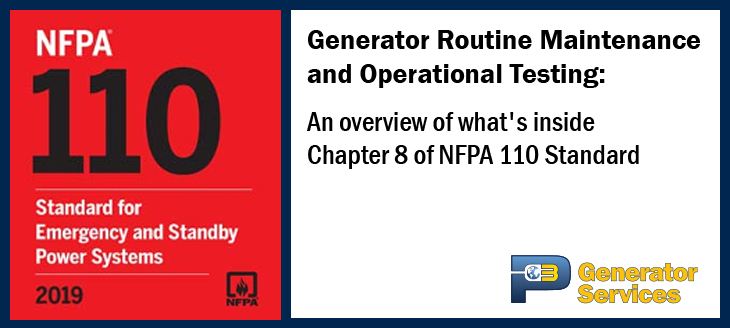
Generator Routine Maintenance and Operational Testing: An overview of what’s inside Chapter 8 of the NFPA 110 Standard Do you own, operate, or manage a facility where human lives depend on uninterrupted electrical power, like; nursing homes and hospitals? If so, your priority should be to make NFPA 110 your guide to understanding these legally […]
Generator FAQs – Answers to common asks

FAQs on generators, generator service, and repair We speak with a lot of people every day – from our techs visiting customers on-site to phone calls, texts, and social media messaging to our office. These conversations net many questions about generators, generator service, and repairs. Perhaps you’ve secretly had some of your own but were […]
Rodents Kill Generators – Here’s How to Stop Them
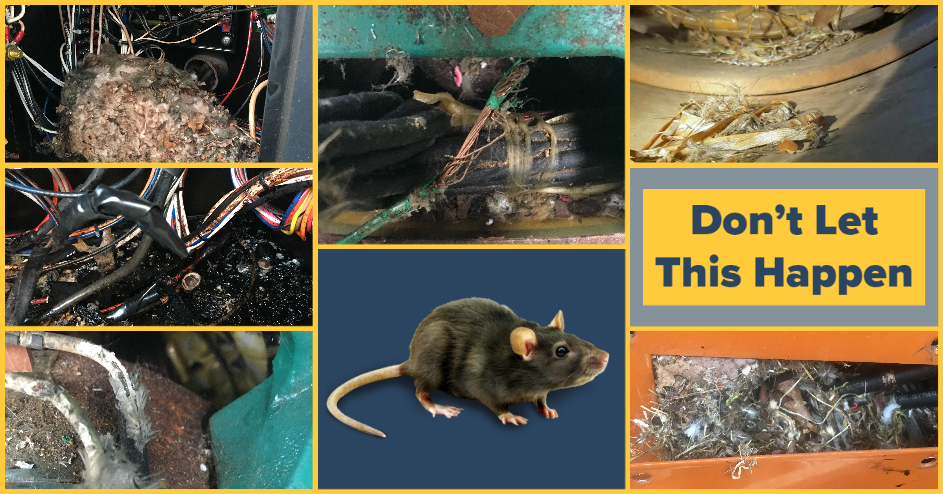
What you need to know. This time of the year, mice and other small rodents will seek winter shelter by making nests in protected areas away from the cold. The warm confines of your generator enclosure are inviting to these unwelcome guests. Once inside, these pests will chew on wires, build nests, and wreck havoc to […]
Neglected Fuel Results in Major Generator Repair Costs
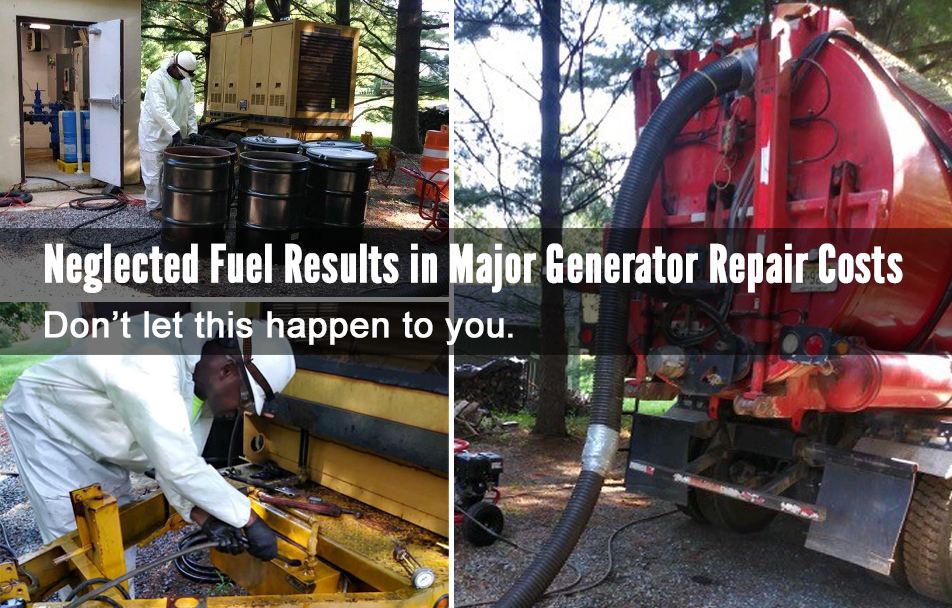
Don’t let this happen to you. Why pay attention to the diesel fuel in your generator storage tank? Because doing so might prevent a costly remediation and repair bill. A little attention to the fuel in the tank could have saved the owner of this generator nearly $13,000 in repairs. Here’s what happened.
What you can’t see might be killing your generator.

When a generator fails to start or is running poorly the first thing people think is that there must be a mechanical issue. Yet surprisingly, most performance issues can be traced back to bad fuel quality. Here’s why you should care.
Fuel Management FAQs
With the rising cost of diesel fuel P3 Generator Services has more recently been asked about how to best maintain and protect the investment of fuel already in the tank. This is good news as it means that our message about the importance of fuel management is resonating. However, we are discovering that there is […]
Diesel Fuel: Don’t Store and Ignore
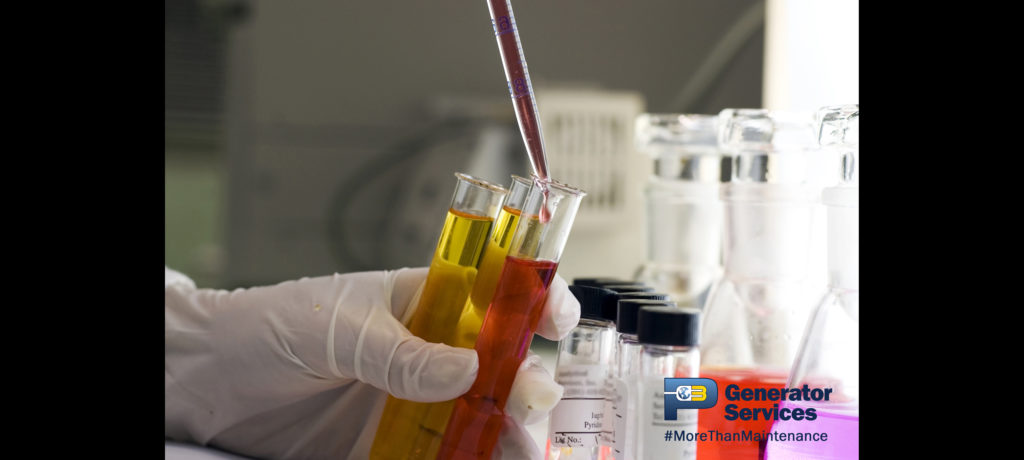
How to ensure reliable generator operation and protect your equipment Fuel is arguably the most critical component of your emergency power system, yet likely the least maintained, as evidenced by the fact that fuel related issues are the number one reason for 95% of generator fail-to-start faults. Proper fuel maintenance is critical to ensuring your generator […]
We’re concerned about the fuel in your tank. You should be too.
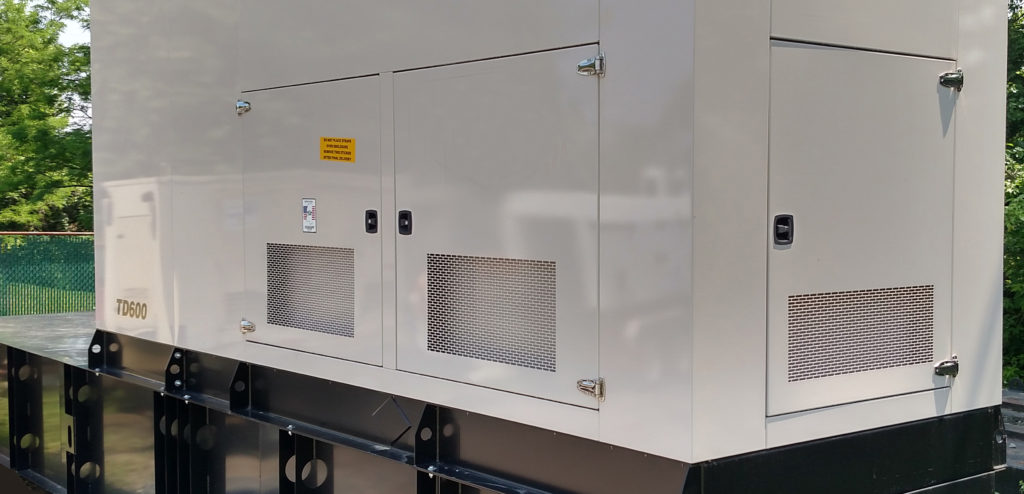
Fuel issues are the number one reason for emergency call outs. With hundreds, if not thousands, of dollars in fuel inventory at stake, testing for fuel quality should be #1 on your to do list.
